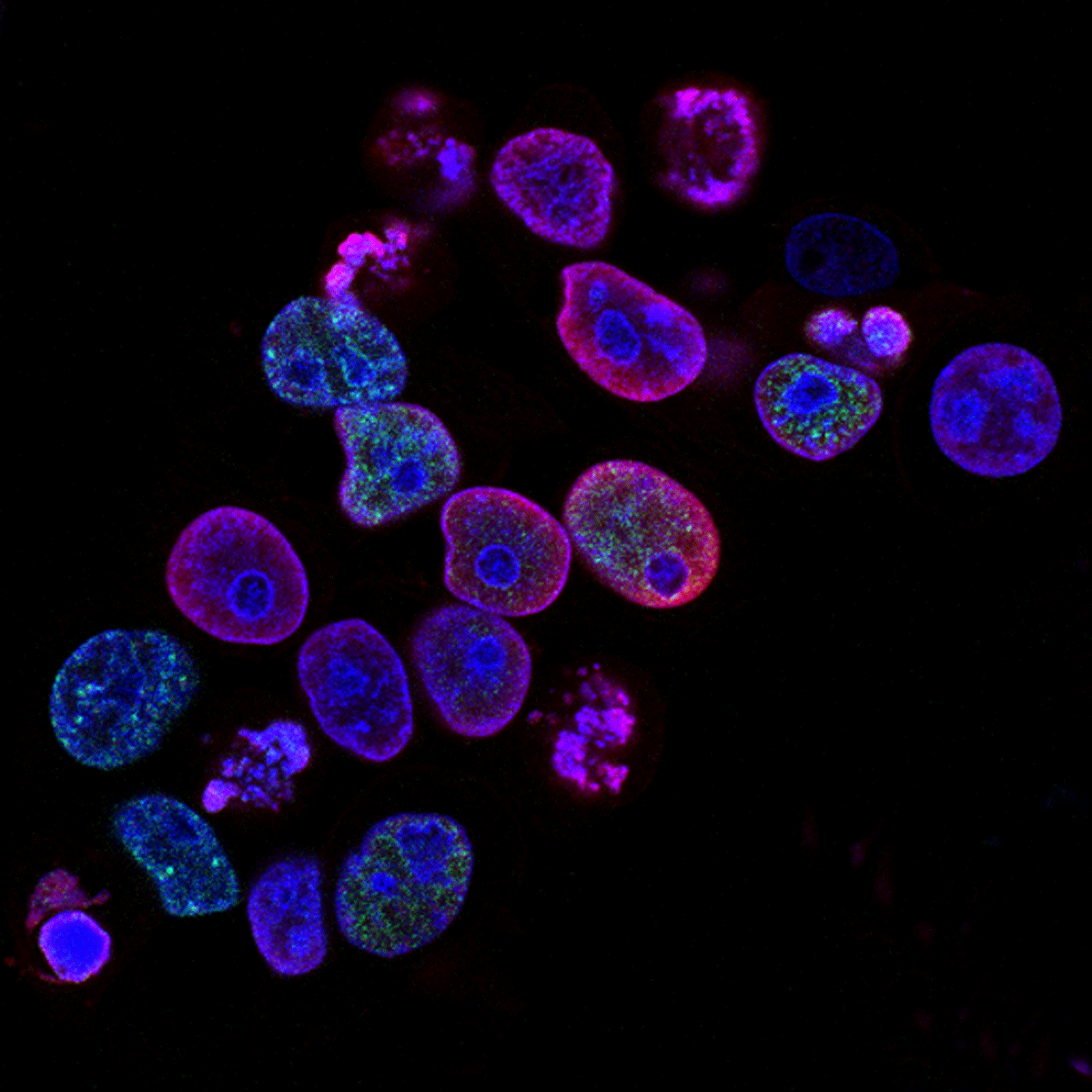Omicron Presents New Challenges for Early Phase Trials
The evolving coronavirus disease 2019 (COVID-19) pandemic continues to present challenges for early phase clinical trials. In the current Omicron era, characterized by widespread community transmission and rapid emergence of novel variants, several new risks have emerged that require special consideration in the design and operation of clinical trials.
The evolving coronavirus disease 2019 (COVID-19) pandemic continues to present challenges for early phase clinical trials. In the current Omicron era, characterized by widespread community transmission and rapid emergence of novel variants, several new risks have emerged that require special consideration in the design and operation of clinical trials.
In a recent article published in the Journal of Laboratory and Precision Medicine, Dr. Brandon Michael Henry, US Medical Monitor for our group and world-renowned expert on COVID-19, dives deep into the challenges faced by early phase clinical trials in Omicron variants era and discusses risk mitigation strategies to limit the impact of the unpredictable pandemic on clinical studies.
Dr. Henry noted in this article that although many regulatory agencies, including the US Food and Drug Administration (FDA) and the European Medicines Agency (EMA) continue to provide updated guidance on the operations of clinical trials during the pandemic, there remains limited guidance with respect to medical and scientific specific issues, such as COVID-19 diagnostics, therapeutics, and vaccination while on study, or the impact of SARS-CoV-2 infections on safety or efficacy endpoints.
Careful consideration and planning are also discussed as they can help mitigate the risk of COVID-19 impacting the medical and scientific validity and patient safety in clinical trials. He notes, clinical study design should consider mitigation strategies at the patient, investigator, and clinical research organization (CRO)/Sponsor level following evaluation of the overall risks for their specific study/investigational product and patient overall wellbeing. Recommendations are also made for the inclusion of specific language regarding COVID-19-related policies and procedures in the study protocol.
Furthermore, Dr. Henry stated that the medical impact of COVID-19 on clinical trials can often be missed, observing in his own published research that even mild COVID-19 may have dramatic impact on laboratory values, which may confound safety assessments or efficacy measures in early phase trials. As examples, he mentions that in COVID-19, lymphopenia can be rather profound, liver function tests deranged, cardiac enzymes disturbed, and inflammatory biomarkers/cytokines elevated, all of which may overlap with adverse effects of novel oncotherapies, leading to potentially false-positive safety signals. He recommends trials have a procedure in place for reporting cases of COVID-19 while on study and offering rescreening in the event that a patient test positive for COVID-19 prior to enrollment.
Importantly, Dr. Henry states special considerations should be taken for novel immunotherapeutics which may require interruption in the event of a subject developing COVID-19 or for investigative products that may have hazardous interactions with commonly prescribed anti-COVID-19 therapies. As noted, this is a particular challenge in the USA, where COVID-19 anti-viral drugs are available directly from the pharmacy, without having to see a physician. Safety guidance and procedures should be in place if common COVID-19 therapeutics interact with the metabolism of study drugs or vice versa.
Dr. Henry concludes that moving forward, its essential for trials to remain adaptable to evolving nature of the pandemic and routinely monitor for the impact of COVID-19 on individual clinical studies.
Please click here to see Dr. Henry’s article, “COVID-19 diagnostics and early phase clinical trials: challenges and risk mitigation in the Omicron variants” in the Journal of Laboratory and Precision Medicine.
Reach out to us at info@aixial.com
Other insightful resources





